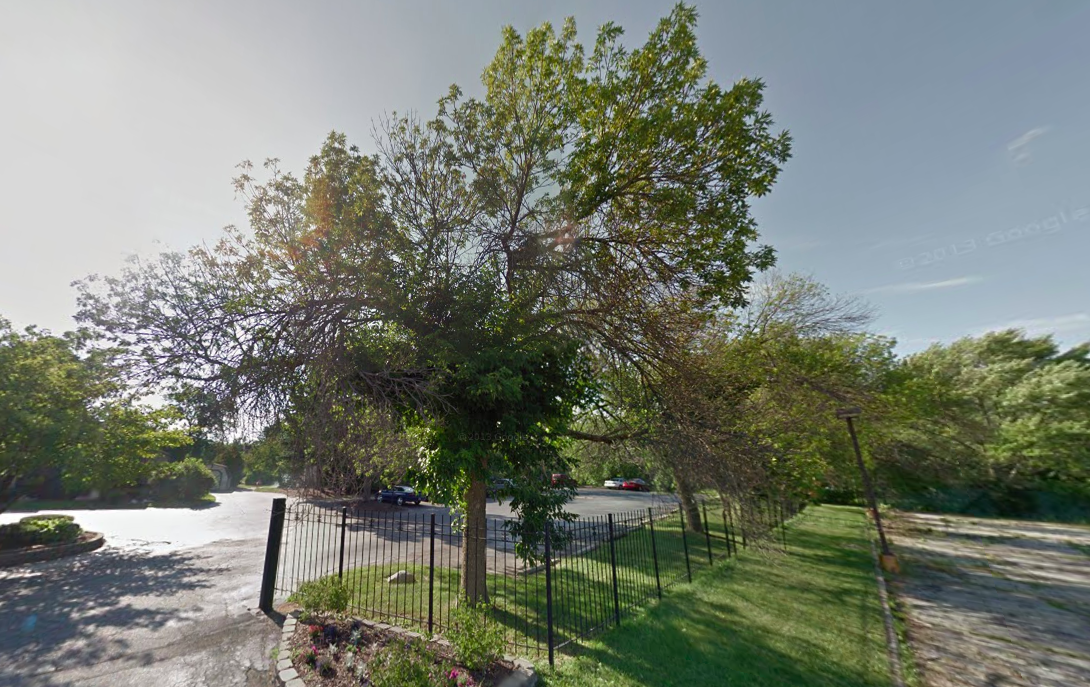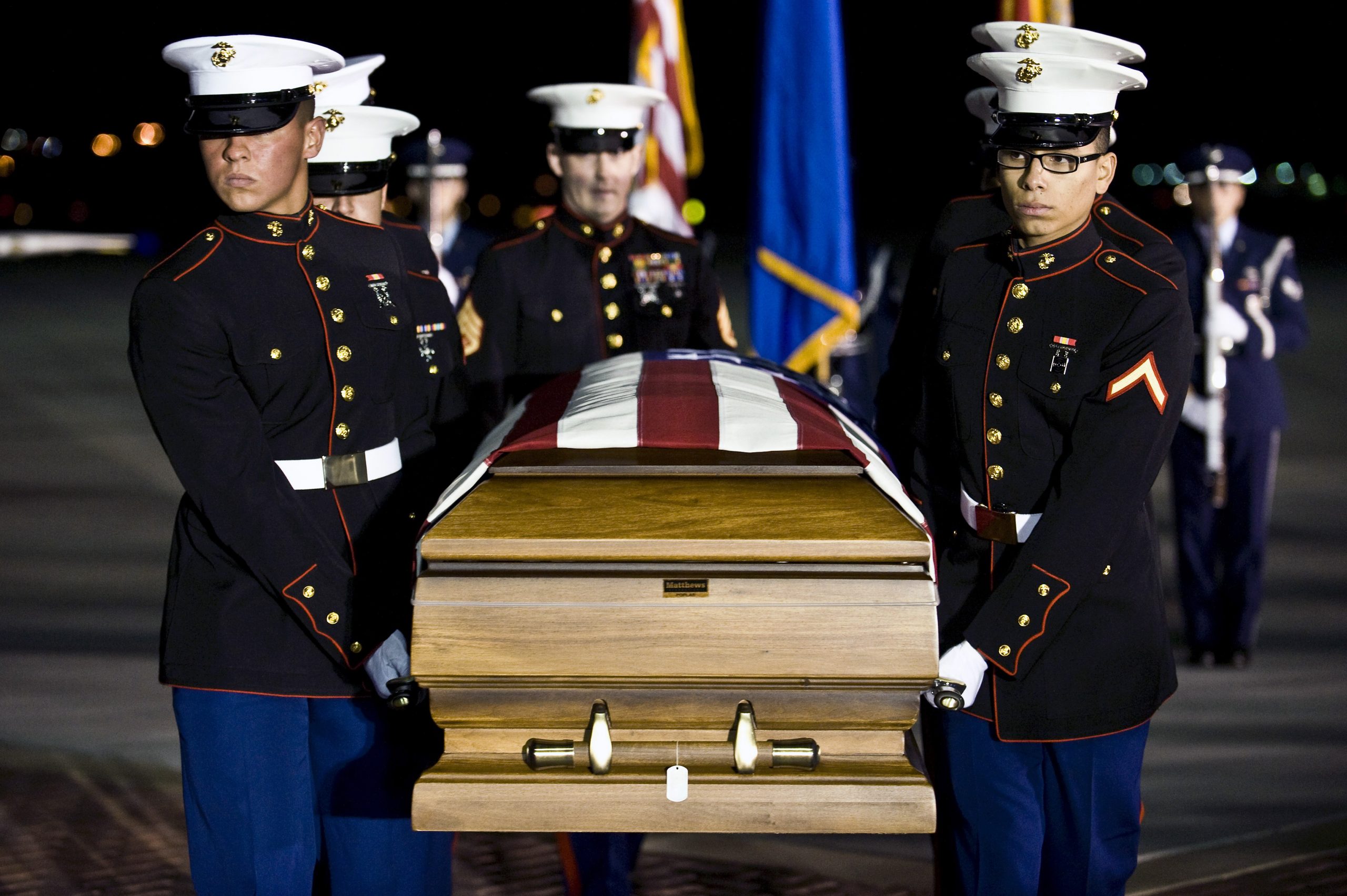Everyone who knew Cecil loved him. “He was uplifting,” one person said. But now big Cecil is gone. Instantly recognizable by the distinctive blackish scruff that jutted from his chin, he was no match for the armed men who pursued him in the open, so close to his home. They stalked him down and shot him dead.
As more details came out, the story grew sadder: Cecil had been up before dawn, off to make his regular rounds, working to feed his family. There were reports that he’d spotted the men with the guns, up to no good, and had approached rather than pretend not to see them. The men dropped Cecil, bleeding, on the ground. Left behind was a large family who’d depended on him.
The way he died was “ridiculous,” said one observer. “He didn’t bother nobody,” said a local woman. It was a senseless killing, the authorities said, motivated as much by bloodsport as by money: Cecil was “at the wrong place at the wrong time.”
But the news did not travel past local outlets and the outcry over Cecil’s killing did not last. This was understandable. There are more and more victims like him in his corner of the world: Just before Cecil died, the region was on pace for 320 slayings in 2015, plus another 1,420 shootings. There are a lot of victims like him, for that matter, in Cecil’s country: nearly 10,000 of them annually, according to national law enforcement.
That’s a lot of furor to maintain, especially when there are more personal indignations to nurse, games of My Outrage Is Better Than Your Outrage to be played. Pundits will call from time to time for the killing to stop, and there are activists (and counter activists) who fight to change the laws. But surely it’s not reasonable to expect the average citizen to care enough, to be angry enough about Cecil’s death to want to do something to try to prevent more suffering.
Cecil Pendleton, bearded patriarch, Air Force vet, father of three, was 55 when the robbers shot him outside his apartment in Merrillville, Indiana, in early May. He and his fiancée were to be married on June 27, her birthday.
Last week, four days before national newspapers would report on the extraordinary protest at a Minnesota dentist’s office over an unlawful big-game hunt in Zimbabwe, a police task force announced that they’d charged three men with Cecil Pendleton’s murder. A tipster had called in with leads; two days after the murder, the accused killers had sold their handgun to another man for $280, minus a few identifiable parts. One of Pendleton’s sons was still trying to make sense of it all. “If they’d have just asked, he would have given them his money,” he told the Chicago Tribune. There were bigger questions to ask, and bigger answers to be demanded. But for that, you’d have to be paying attention.
[Photo: Google Maps]

